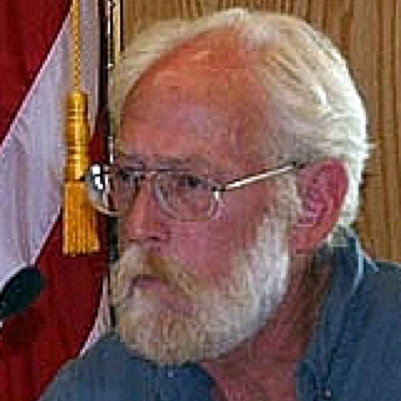Volume 1, Issue 3 Editorial

WINTER 2002
Chief Editor Bill Hutchinson asked us some months ago to lead the effort to produce a special issue of this Journal dedicated to the overarching topic of Perception Management. As members of the Journal’s Advisory Board, we were happy to do so, despite the fact that major new projects rarely arise at the most opportune times. In addition to our own contributions, we have assembled an international team of exceptional theorists and practitioners from the United Kingdom, the United States, Australia, and Sweden.
Our respective lead articles are intended to set the over-all subject of Perception Management in strategic and operational context from both theoretical and historical perspectives. Doug Dearth’s article sets out a taxonomy or Perception Management within the overall context of Information Operations, suggests historical standards, and criticises the general lack of policy-level appreciation of the principles and challenges. Phil Taylor’s article specifically addresses the current Allied counter- terrorism campaign. Andrew Garfield discusses the need for Strategic Influence campaigns to operationalise and co-ordinate the over-all Perception Management effort. Robin Brown analyses Public Diplomacy, while Pierce Reid deals with the Public Relations aspects of Perception Management. Susan Driscoll analyses the nature of media-audience relationships from the academic perspective. Steve Collins and Kristina Riegert deal, in different ways, with the various aspects of the Balkan campaigns of the 1990s, especially as regards Psychological Operations. John Blaxland describes the Information Operations efforts employed by Australia in East Timor, and Leigh Armistead analyses the manner in which American domestic politics has influenced the conduct of Public Diplomacy.
Whilst we have attempted to deal with most of the major aspects of Perception Management, we could not be entirely comprehensive, given limitations of time and publication space. For instance, more attention to Deception would have been useful; and we had to forego the opportunity to deal with recent British IO experiences in Sierra Leone and Macedonia, given that these operations are ongoing. As regards the latter issues, security concerns hopefully will become less sensitive in the coming months, thereby allowing publication in this Journal by the relevant experts.
The Editors of this issue of the Journal of Information Warfare wish to thank Bill Hutchinson for the opportunity to contribute, and we thank our co-contributors for their efforts here, especially given the pressing demands of their various professional endeavours. We hope these efforts will serve to contribute meaningfully to the ongoing discussion of these important topics. We look forward to engaging in any dialogue that results from this issue.
AUTHORS

Joint Military Intelligence Training Centre, Washington, DC
Douglas H. Dearth is Course Director and Senior Instructor at both the Joint Military Intelligence Training Center in Washington, DC, and the Defence Intelligence and Security School at Chicksands, United Kingdom. He is contributing co-editor, with Alan D. Campen, of the Cyberwar book series published by AFCEA International Press. He lectures on national security issues in the North America, the United Kingdom, and Western Europe. Mr. Dearth is a Board Member of the Journal on Information Warfare.

Director of the Institute of Communications Studies, University of Leeds
UK
Dr. Phillip M. Taylor is Professor of International Communications and Director of the Institute of Communications Studies at the University of Leeds, UK. His books include War and the Media: Propaganda and Persuasion during the Gulf War (Manchester University Press,1992), Munitions of the Mind: a History of Propaganda from the Ancient World to the Present Day (Manchester University Press,1995), Global Communications, International Affairs and the Media since 1945 (Routledge, 1997) and British Propaganda in the 20th Century: Selling Democracy (Edinburgh University Press, 1999). He has lectured regularly to military educational establishments on both sides of the Atlantic, including at SHAPE, USAFSOC and at DISS and JSCSC (UK). He is a Member of the Advisory Board of the Journal of Information Warfare.
Published In
Keywords
Journal of Information Warfare
The definitive publication for the best and latest research and analysis on information warfare, information operations, and cyber crime. Available in traditional hard copy or online.
Quick Links
Archive

